When buying or selling a home, a thorough inspection is a crucial step in the process. One of the most concerning issues homeowners and buyers face is the presence of mold. Mold can impact the structural integrity of a home and pose significant health risks, making it a critical factor to address. But will a standard home inspection uncover mold? Let’s explore what to expect from a home inspection and the role it plays in detecting mold. Let’s go over will a home inspection find mold.
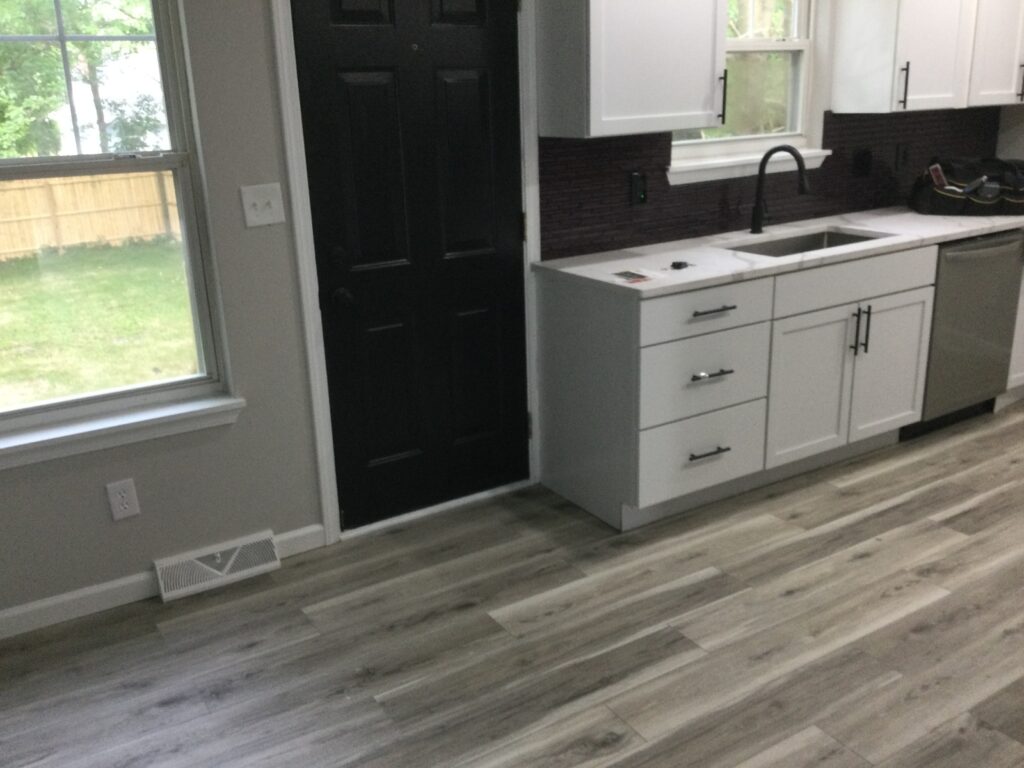
Understanding Home Inspections – And Will a Home Inspection Find Mold
A home inspection is a detailed assessment of a property’s condition, typically conducted by a licensed professional. The inspector examines various components of the home, including the foundation, roof, plumbing, electrical systems, HVAC systems, and more. The goal is to identify any visible issues or potential problems that could affect the home’s safety, functionality, or value.
While home inspections are comprehensive, they are primarily visual. Inspectors are not required to move furniture, open walls, or perform invasive testing unless explicitly agreed upon. This limitation means that certain issues, including hidden mold, may not always be detected during a standard inspection.
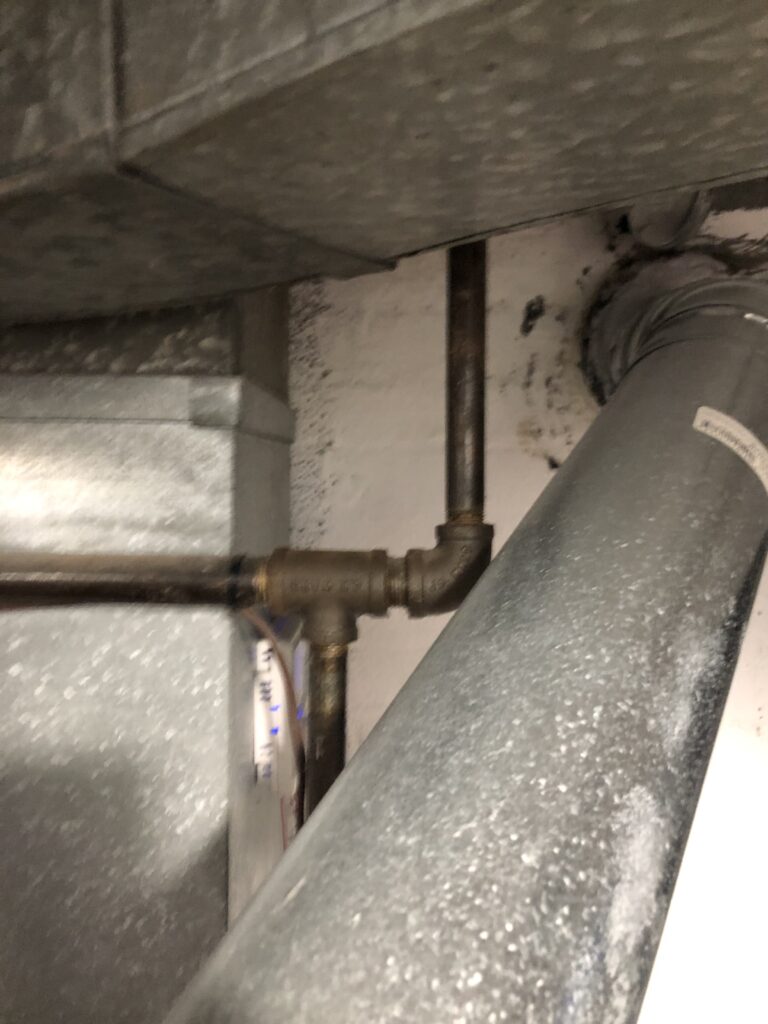
Can Home Inspectors Identify Mold?
Visible Mold Detection
Home inspectors are trained to look for signs of mold during their visual assessments. If mold is visible on walls, ceilings, floors, or other surfaces, the inspector will typically note its presence in their report. They may also identify conditions conducive to mold growth, such as water damage, leaks, or excessive humidity.
Signs of Hidden Mold
Even if mold isn’t directly visible, inspectors are skilled at identifying warning signs that suggest its presence. These signs may include:
- Musty Odors: A strong, musty smell often indicates mold, even if it’s hidden behind walls or under flooring.
- Water Damage: Stains, discoloration, or warping on walls, ceilings, or floors can signal water intrusion, a common precursor to mold growth.
- Excessive Humidity: Damp or humid conditions inside the home create an ideal environment for mold to thrive.
While inspectors can recognize these indicators, they typically do not perform specialized mold testing unless explicitly requested.
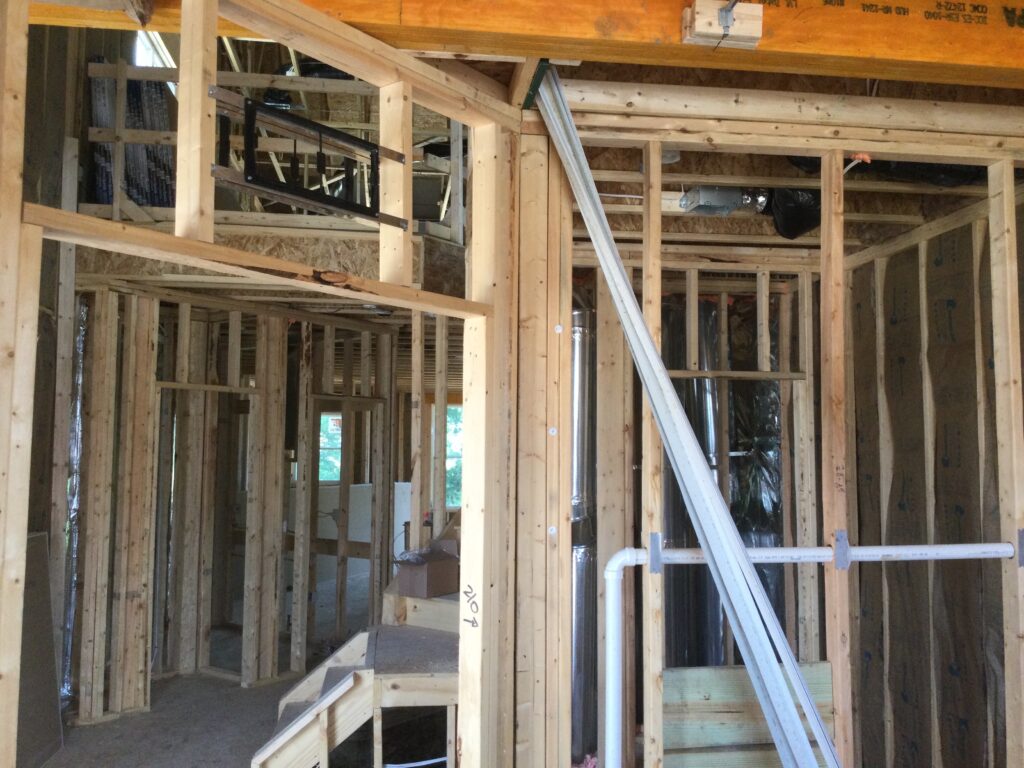
Limitations of Standard Home Inspections
Visual Nature of Inspections
Because home inspections are primarily visual, they may not uncover mold hidden within walls, under carpets, or in other concealed areas. For example, mold in a crawl space or behind drywall might go unnoticed unless there are visible signs or odors.
Lack of Mold-Specific Testing
Most standard home inspections do not include air quality testing or mold-specific assessments. If mold is suspected but not visible, the inspector may recommend additional testing by a mold remediation specialist or an indoor air quality expert.
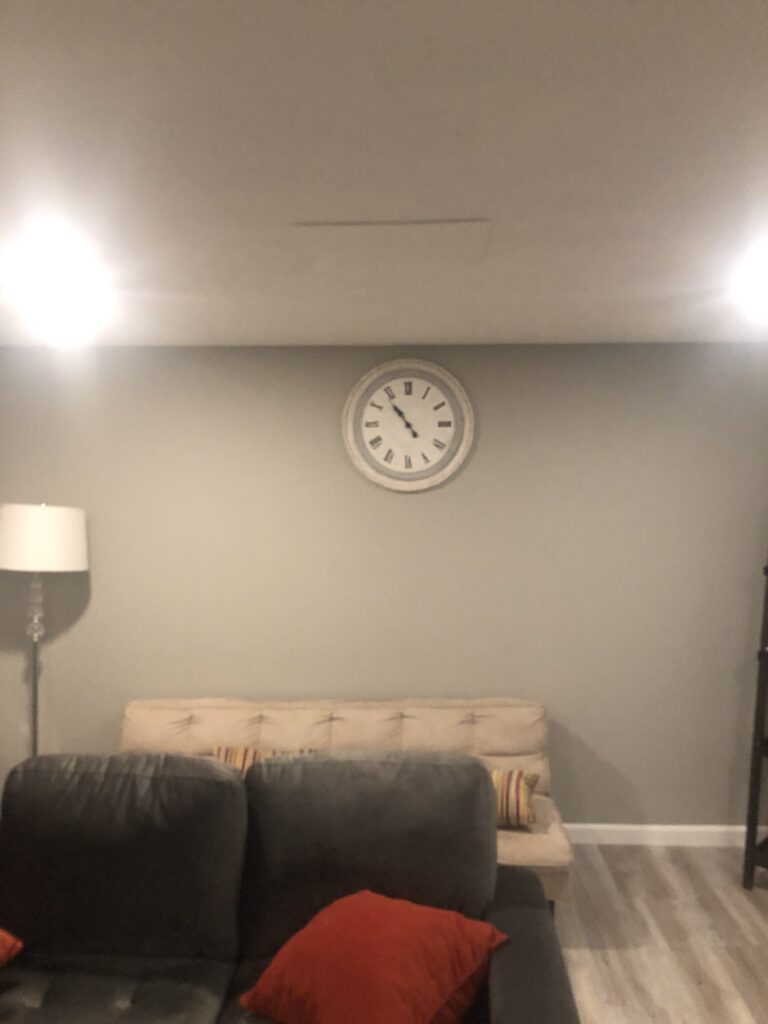
When to Request a Mold Inspection
If you’re particularly concerned about mold in a home, consider requesting a separate mold inspection. Mold inspections go beyond the scope of standard home inspections and include specialized testing to identify mold spores in the air and on surfaces. Situations where a mold inspection may be warranted include:
- History of Water Damage: If the home has experienced flooding, leaks, or other water issues, a mold inspection can provide peace of mind.
- Visible Mold or Musty Odors: Any signs of mold should prompt further investigation to determine the extent of the problem.
- Health Concerns: If you or your family members have allergies, asthma, or other respiratory issues, ensuring the home is mold-free is especially important.
Steps to Take If Mold Is Found
If mold is discovered during a home inspection or a separate mold assessment, it’s essential to address the issue promptly. Here are the recommended steps:
- Hire a Professional Mold Remediation Specialist: Attempting to remove mold yourself can be risky and may not fully resolve the problem. Professionals have the expertise and equipment to safely and effectively eliminate mold.
- Identify and Address the Source: Mold remediation is only effective if the underlying cause, such as a leak or high humidity, is resolved. Inspectors or contractors can help identify and fix these issues.
- Assess the Extent of Damage: In severe cases, mold can compromise structural elements of the home. A thorough evaluation will determine if repairs or replacements are needed.
- Retest for Mold: After remediation, consider retesting to ensure that the mold has been completely removed and that the environment is safe.
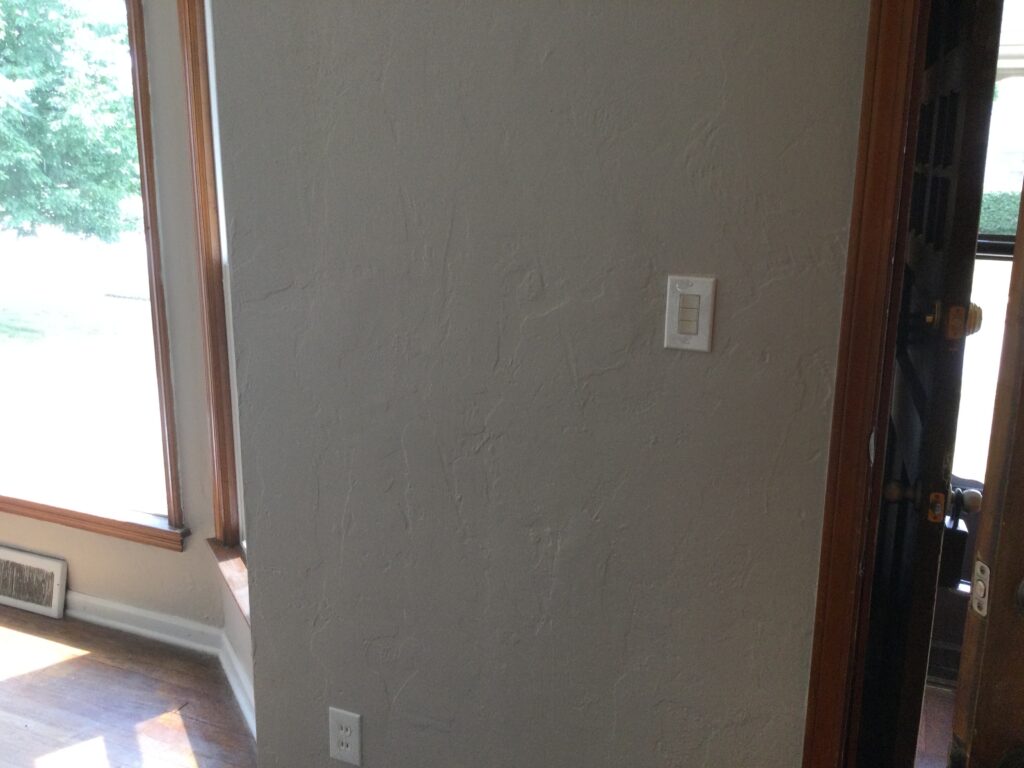
Preventing Mold in Your Home
Taking proactive steps to prevent mold can save homeowners time, money, and stress. Here are some strategies:
- Control Humidity Levels: Use dehumidifiers and air conditioners to keep indoor humidity below 60%.
- Fix Leaks Promptly: Address any plumbing or roof leaks immediately to prevent water intrusion.
- Ensure Proper Ventilation: Use exhaust fans in bathrooms, kitchens, and laundry rooms to reduce moisture buildup.
- Inspect Regularly: Periodically check for signs of water damage or mold, especially in basements, attics, and crawl spaces.
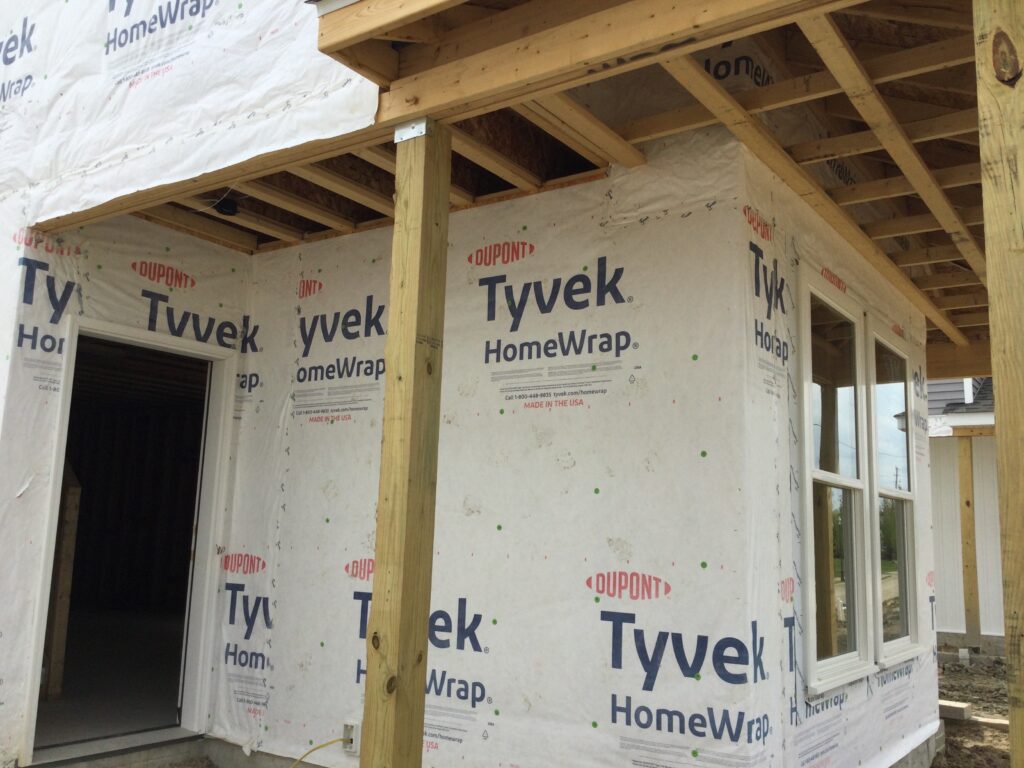
Why Choose Icon Home Inspectors?
At Icon Home Inspectors, we prioritize your safety and peace of mind. Our experienced inspectors are trained to identify visible mold and potential problem areas, providing you with a comprehensive understanding of the property’s condition. If you suspect mold or want additional testing, we can guide you to trusted professionals who specialize in mold remediation.
A home inspection is an invaluable tool in the buying or selling process, and ensuring your home is free of mold is a critical part of protecting your investment and your health. With Icon Home Inspectors by your side, you can move forward with confidence.